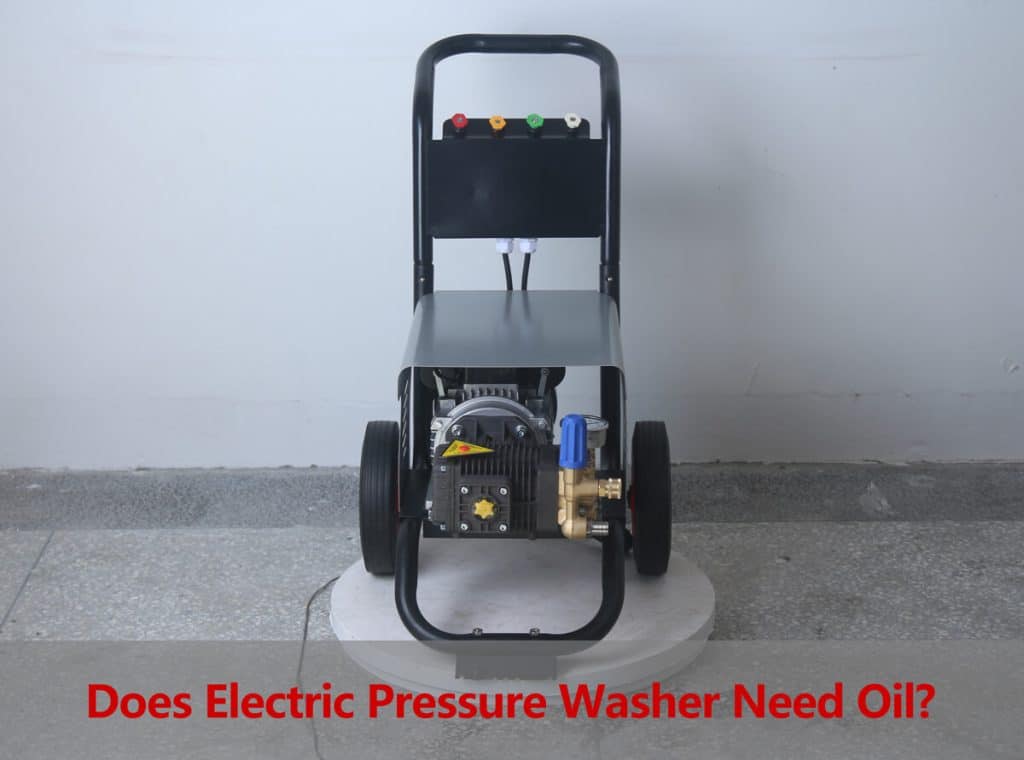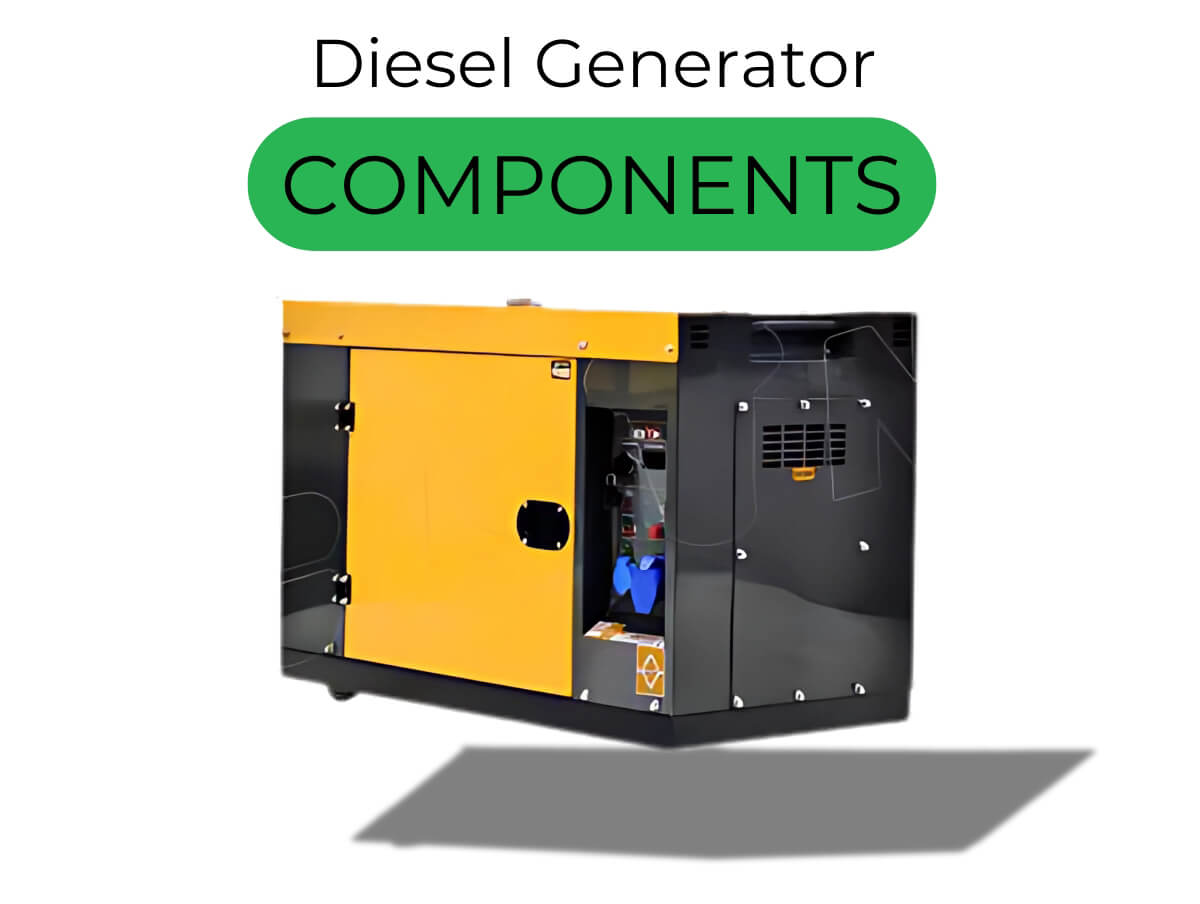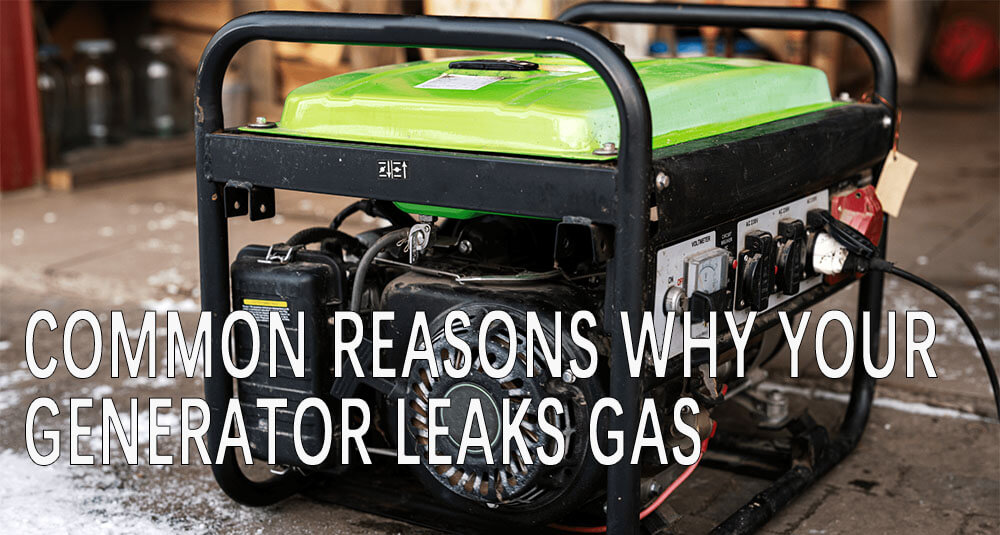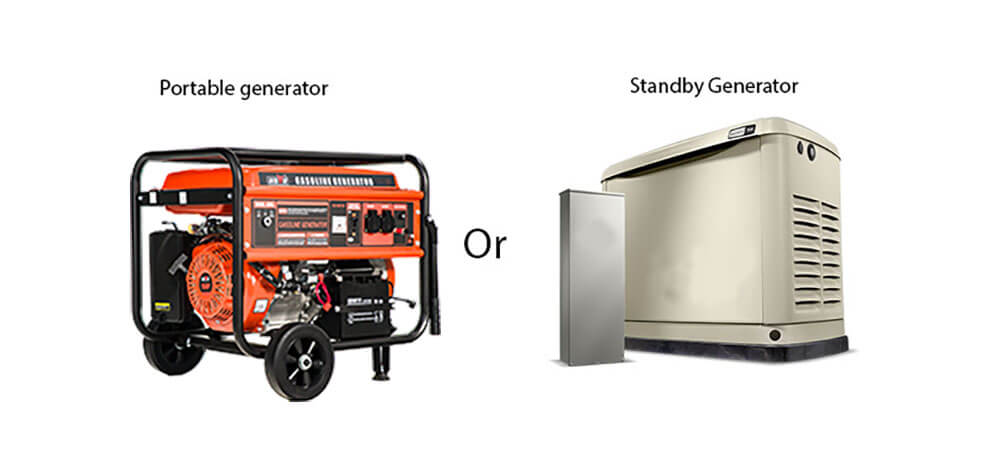Does Electric Pressure Washer Need Oil?
- By BISON
Table of Contents

Proper care and maintenance of pressure washers make them last longer and improve their overall efficiency. From lubricating the pump/motor, cleaning the nozzles to routine machine servicing, power washers are handy tools for every homesteader who values clean homesteads. However, a question arises regarding oiling moving parts of these machines.
Do electric power washers need oil?
Yes, electric power washers also need oil for their pump. In contrast to gas engines, the power washer’s electric motor does not need oil, but the pump needs oil to keep working properly. Pressure washer water pumps need a relatively low amount of oil. If you need to change the oil, you have to use special pressure washer pump oil.
Changing the oil in your pressure washer
You risk electric pressure washer pump burn-out if you don’t change the oil as often as necessary. Thus, when conducting a maintenance routine on your machine, start by powering on the washer. The catch is that warm oil drains faster, saving you the stress of cleaning oil residue in the pump afterward. Next, switch off the engine, then remove the fill bolt and drain plug, respectively. The reason for removing the drain bolt on top of the pump before anything else is to lower the pressure oil pouring out from the pump. It would be best to let the oil drain into a container to avoid soil and groundwater pollution. Now, fix back the drain plug. The next thing you should do is refilling the pump with brand new oil, taking care not to overfill it lest leakage becomes an issue. Most importantly, you should check the oil level before powering on the washer. We recommend refilling up to 85 percent of the pump volume. A dipstick should help you check the oil level, especially if your machine does not have an oil-check window. Now, wipe the pump clean and dry it using a piece of cloth before powering it on the electric power washer.How often should you change the oil in your pressure washer?
Changing pump oil in pressure washers improves the health of the machine, its functionality, and longevity. But here comes the next question. How often should you do it? Depending on where you live, temperatures often affect the frequency of changing the oil in pressure washers. For people living in temperate regions, the best advice is to change pump oil every spring. You can also do it at the end of winter, given that a long spend of frost must have thickened the oil. Thick frozen oil can damage your washer, forcing you to spend extra bucks in maintenance and repair.What is the best oil for your power washer?
Choosing suitable oil for a power washer can be a real hard tackle, especially for a novice. From our end of the bargain, we would say that the consumption rate is equally important apart from temperature playing significance. From our experience with these machines, low-consumption oils are often the best, especially if you save money. Synthetic oil such as 5W-30 is a perfect example. The catch is that the oil 5W-30 type works best in temperatures below 20 and above 120 degrees. However, if engine oil does not meet your taste and preference, non-detergent pump oils are handy options. Non-detergent oils are ideal for pumps because they are clean. You should also note that non-detergent oils lubricate the pressure pump’s internal parts, giving it maximum protection from rust at all times. They are specifically recommended for high-pressure washer pumps.How electric pressure washers work
You should note that the main difference between electric-powered and gasoline-powered pressure washers is their source of energy. Both have a motor and a water pump. There are a few more differences, especially in the way they work. Below, we walk you through the basics of electric pressure washers: how they work. Take a look.- Water intake: After powering on the machine, an intake hosepipe is usually plugged into the washer and to a reservoir draws water into the electric pressure washer due to the pump’s suction power.
- Mixing: The pump then mixes incoming water with detergent (Note that you may not need detergent for some surfaces).
- Heating: Depending on your washer type, you may have to heat the water to a set temperature.
- Water exit: The next stage is pumping the water to an exit hose with a pressure nozzle at the end.
- Use a suitable hose: If you want to pump water at a higher pressure, go for narrow hosepipes. It would help if you also turned up the motor power. On the contrary, working with low pressure means you turn down the motor power and use a wider hose.
How to maintain your electric pressure washer
Because you should not oil the motor in your electric power washer, many people often ask, how do you maintain these machines? Well, while oiling is only a small part of the maintenance routine, it does not mean you should sit and watch your machine waste away due to wear and tear. There are maintenance activities you must undertake to ensure your electric power washer is in great working condition. We did some homework on this and sampled out the following maintenance tips:● Always store your power washer properly
Proper storage of any machine is an integral part of care and maintenance. With pressure washers- in this case, the electric variants-, you should keep the machine in a cool and dry room. The danger with hot storage rooms is that plastic components can melt. In the same way, storing electric pressure washers in cold rooms often cause deterioration of their plastic construction.● You should clean and dry your washer after use
You don’t want to end up with an electric pressure whose functionality is compromised by dirt, water, and oil residue build-up. Thus, you should always clean the machine and dry it after every use. This way, you not only maintain its performance integrity but also improve its lifespan.● Clear residue from the water pump
Water pumps are the workhorses of pressure washers, which means they get dirtier than any other component. You should, therefore, clean off soap residue from the pump after use. Whether in the water outlet or pump, any blockade will disrupt your washer’s proper function.
● Wiring system should be intact
Electric pressure washers have a wiring system. Any mishap in the system, therefore, means the machine will stop working. Even more worrying is the fact that faulty wiring and naked wires can cause electrocution. You already know that water and electricity can be a recipe for an accident; hence you need to check the wiring system to avoid accidents regularly. As an extra safety measure, ensure proper ground circuit breaking when using the machine indoors and outdoors.Proper disposal/recycling of used pump oil
For the records, note that used oil can be recycled and re-used. It is only dirty but hardly wears out. But the question is, how should you recycle or dispose of used oil? Well, we know tough environmental laws will get you penalized for improper oil disposal. But don’t worry because we are here to advise accordingly. Pouring used oil in storm drains, soil, or throwing the can into disposal/trash bins is carelessness and lawlessness. You will be causing water and soil pollution, something that is illegal. It is especially worrying in this century given growing concern over pollution of water bodies. Thus, to reduce the threat of environmental pollution related to oil wastes, you should do the following:● Certified Collection Centers (CCC)
Countries that take proper disposal of used oil seriously have established Certified Collection Centers. They are places that the general public can access at any time and day. If your country does not have such establishments, oil service stations should help with disposal. However, because these centers receive massive volumes of used oil every day, call them in advance to book your space. The catch here is that certified collection centers have a set gallon limit for waste oil they collect every day.Final Remarks
Most electric pressure washers have plastic bodies; hence oiling is only important for the water pump. Most importantly, changing pump oil ensures the optimal functioning of your machine and its longevity. Timely maintenance of the machine components prevents unwanted breakdowns and saves you from repair expenses.Most Popular Posts
QUESTIONS?
CONTACT US TODAY.
buy?
Related Posts

diesel generator components
BISON will explore the key components of diesel generators and understand how each part contributes to their overall performance and reliability.

Common reasons why your generator leaks gasoline
In this guide, BISON covers common causes of gasoline leaks, warning signs to watch for, and how to fix the issue.

portable or standby generators: which one fits your needs?
This article by BISON breaks down the differences between portable and standby generators. By the end, you’ll find which one fits your needs best.
.png)
-qbpqbzxxvtguiuwezisu6wo6j1i29b4m1el1ir1u8o.png)

